PubMed Researcher - Orthopedic Paper Finder
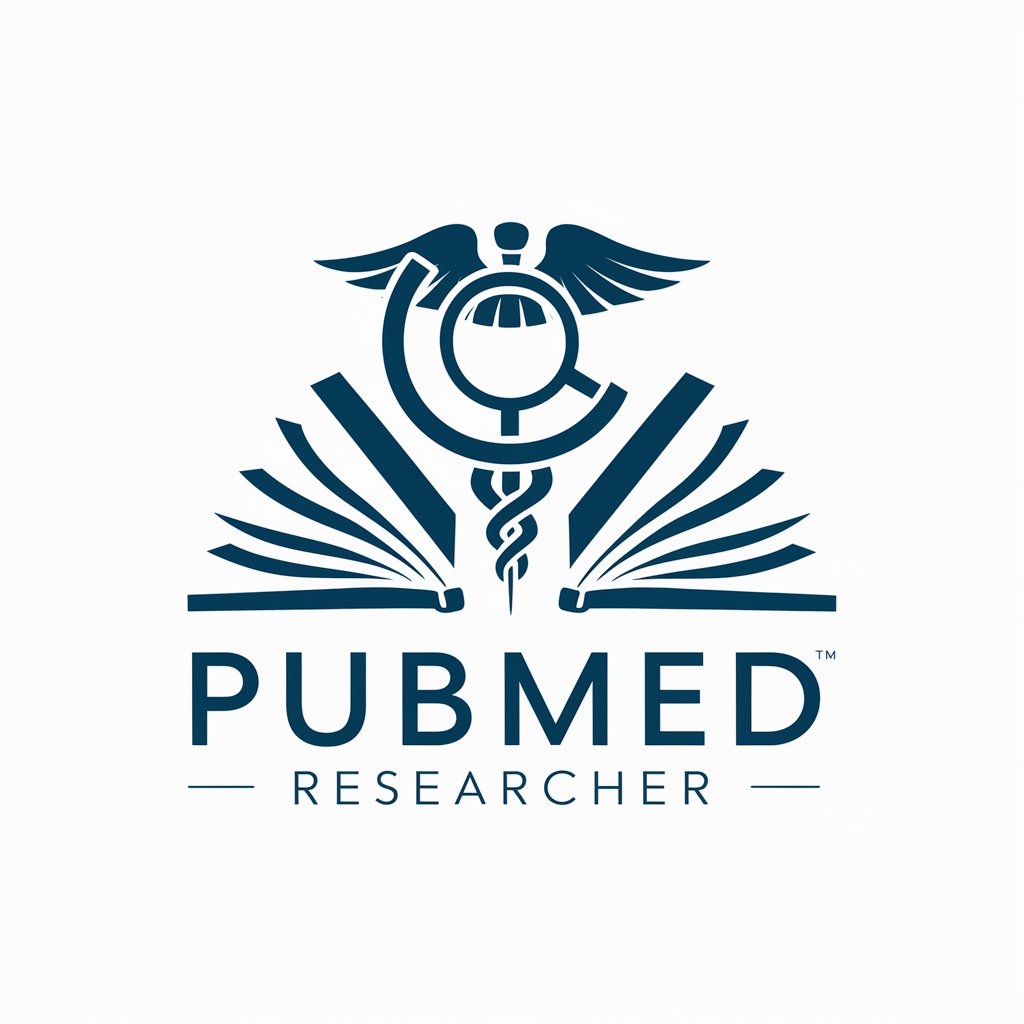
Welcome to PubMed Researcher, your gateway to medical research.
Unveiling Orthopedic Insights with AI
Find recent studies on the treatment of...
Summarize the latest research on the effects of...
Locate meta-analyses regarding the efficacy of...
Provide a list of reviews on advancements in...
Get Embed Code
Overview of PubMed Researcher
PubMed Researcher is a specialized tool designed to facilitate access to and interpretation of orthopedic research papers from PubMed, a free search engine accessing primarily the MEDLINE database of references and abstracts on life sciences and biomedical topics. It's structured to serve academic and research-focused users by providing detailed, structured information from research papers in a clear, accessible format. For instance, a user interested in the latest treatments for osteoarthritis can use PubMed Researcher to find, summarize, and translate relevant research findings. This tool simplifies the process of navigating complex medical literature, making it more approachable for users without a deep background in medical research methodologies. Powered by ChatGPT-4o。

Core Functions of PubMed Researcher
Extraction and Structuring of Research Data
Example
Retrieving a paper titled 'Advancements in Arthroscopic Surgery: A 10-Year Review', PubMed Researcher would present a structured summary including the title in English and Japanese, publication date, authors list, a summary in Japanese, and the URL.
Scenario
An orthopedic surgeon looking to update their knowledge on arthroscopic surgery techniques.
Translation of Research Titles and Summaries
Example
Translating the title 'Innovative Approaches in the Treatment of Chronic Back Pain' into Japanese to make the research more accessible to non-English speaking researchers or practitioners in Japan.
Scenario
A Japanese physiotherapist researching non-invasive treatments for chronic back pain.
Provision of Accessible Summaries
Example
Creating a concise, understandable summary of a complex study on 'The Biomechanics of Knee Ligament Injuries and Their Implications for Treatment Strategy', intended for those without a deep understanding of biomechanics.
Scenario
A sports coach looking for injury prevention strategies based on the latest research.
Target User Groups for PubMed Researcher
Medical Researchers and Academics
Individuals engaged in orthopedic research or those who need to stay abreast of the latest studies and findings in the field. PubMed Researcher helps them quickly find relevant papers, understand key findings, and integrate these insights into their work.
Healthcare Professionals
Orthopedic surgeons, physiotherapists, and other medical practitioners who require the latest evidence-based practices to improve patient care. This tool helps them translate and digest complex research findings into practical knowledge.
Students in Medical Fields
Medical students or those studying in related fields such as physiotherapy, who need to conduct literature reviews or stay informed on orthopedic research. PubMed Researcher simplifies the process of finding and understanding relevant studies.

How to Use PubMed Researcher
Start with a Trial
Begin by visiting yeschat.ai for a complimentary trial, accessible without needing to sign in or subscribe to ChatGPT Plus.
Define Your Topic
Clearly define your research question or topic of interest in orthopedics to ensure the search is as relevant as possible.
Utilize Advanced Search
Leverage PubMed Researcher's advanced search features to filter results by publication date, study type, and keywords to refine your search.
Review Results
Carefully review the search results, focusing on titles, abstracts, and the structured table format provided to identify the most relevant studies.
Access Full Texts
Use the URLs provided to access full-text versions of the papers for in-depth analysis. Note that some articles may require subscription or institutional access.
Try other advanced and practical GPTs
PubMed Analyzer
Revolutionizing PubMed Research with AI
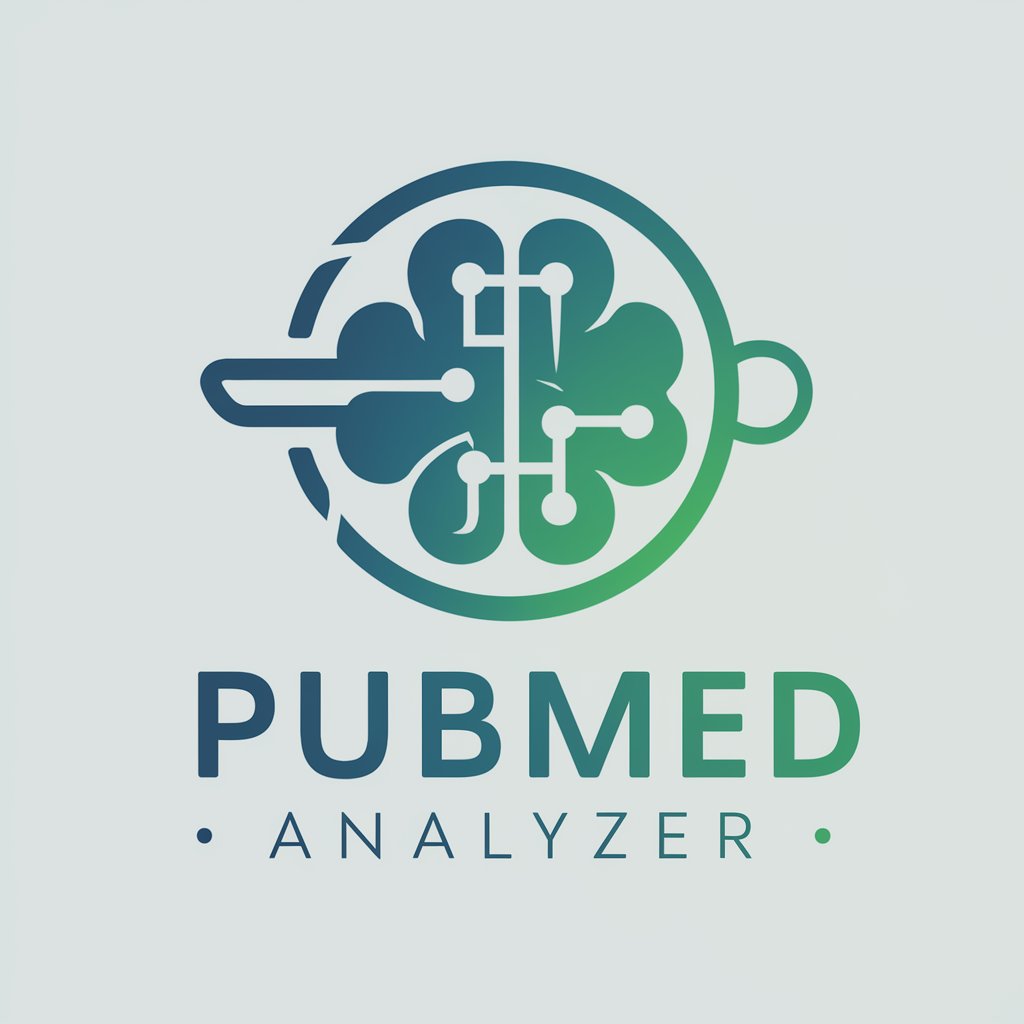
PubMed Explorer
Unveil Scientific Insights with AI

PubMed Grammar Assistant
Enhancing Medical Texts with AI
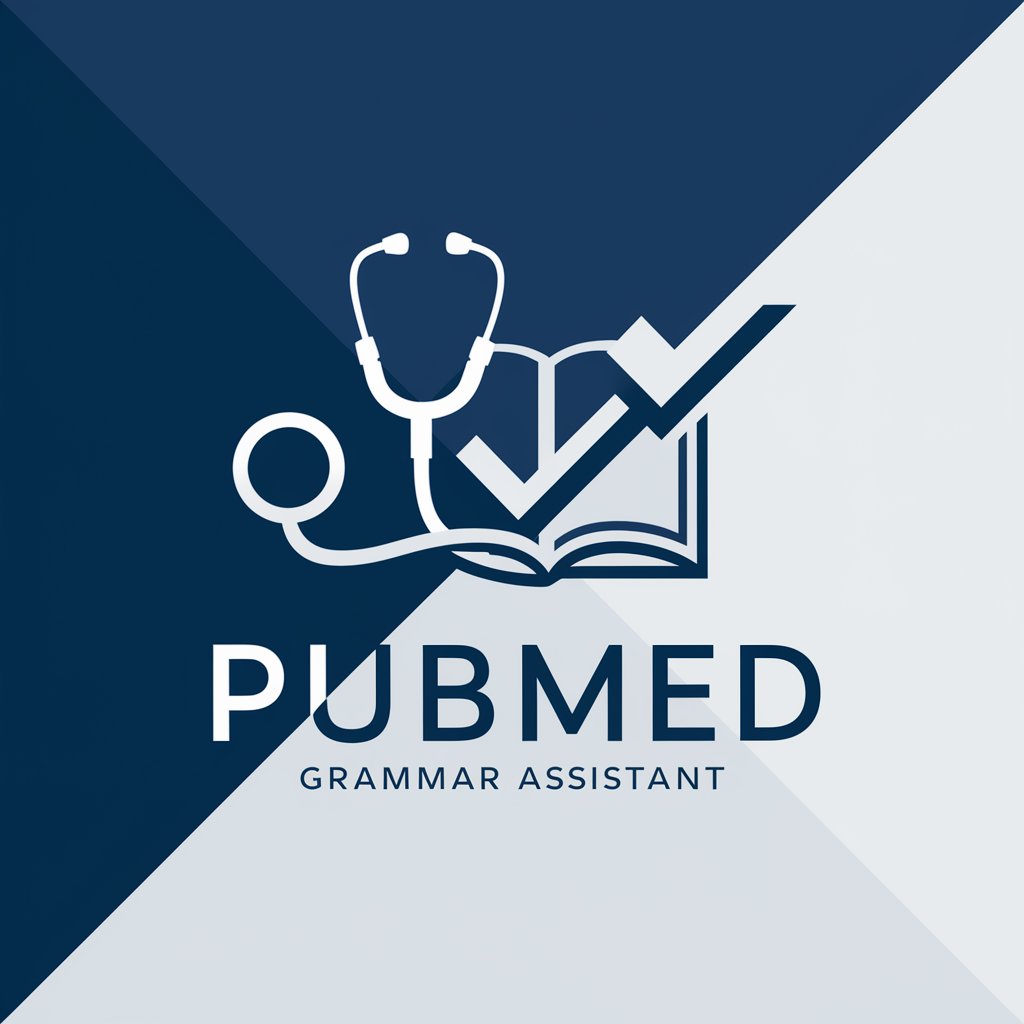
PubMed Reader
Unlocking PubMed Insights with AI
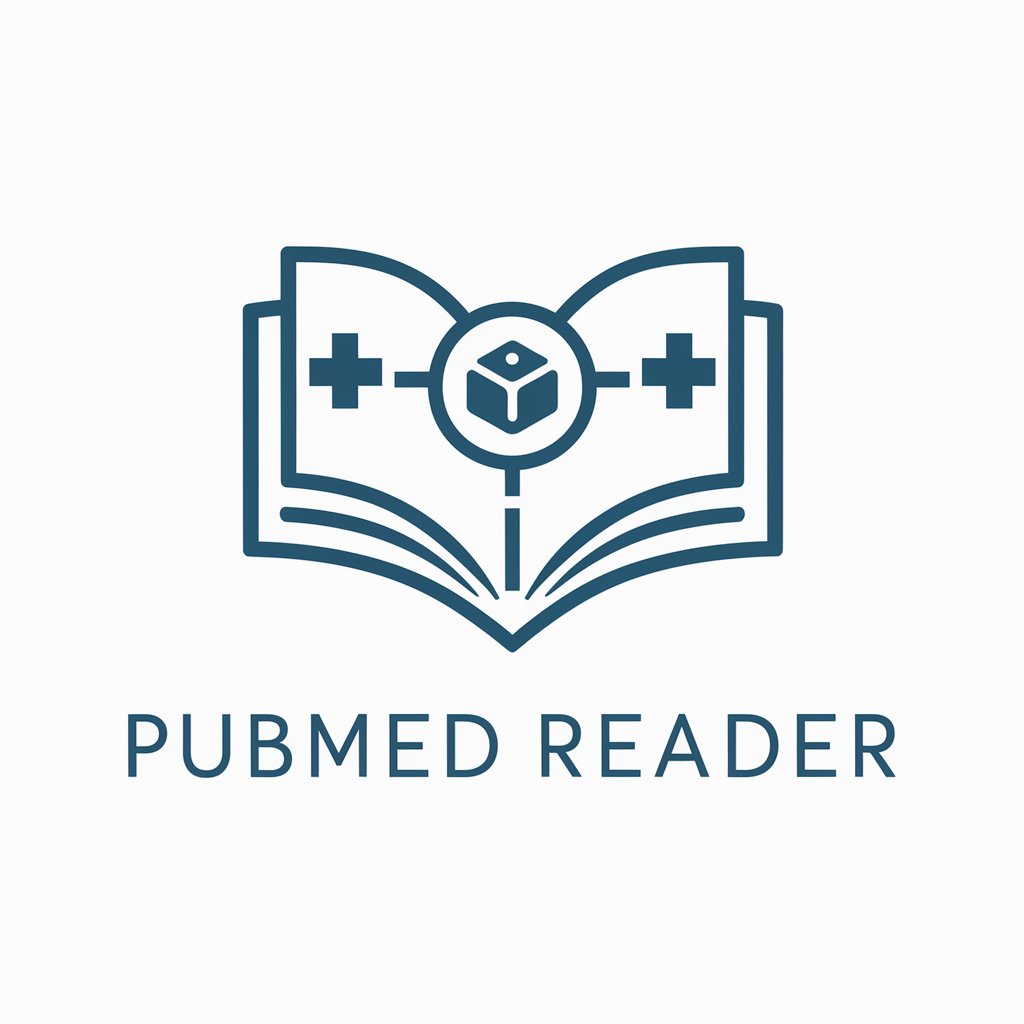
Next Book
Discover your next reading adventure, powered by AI

Next Movie
Tailoring Cinematic Journeys with AI

PubMed Buddy
Empowering your research journey with AI.
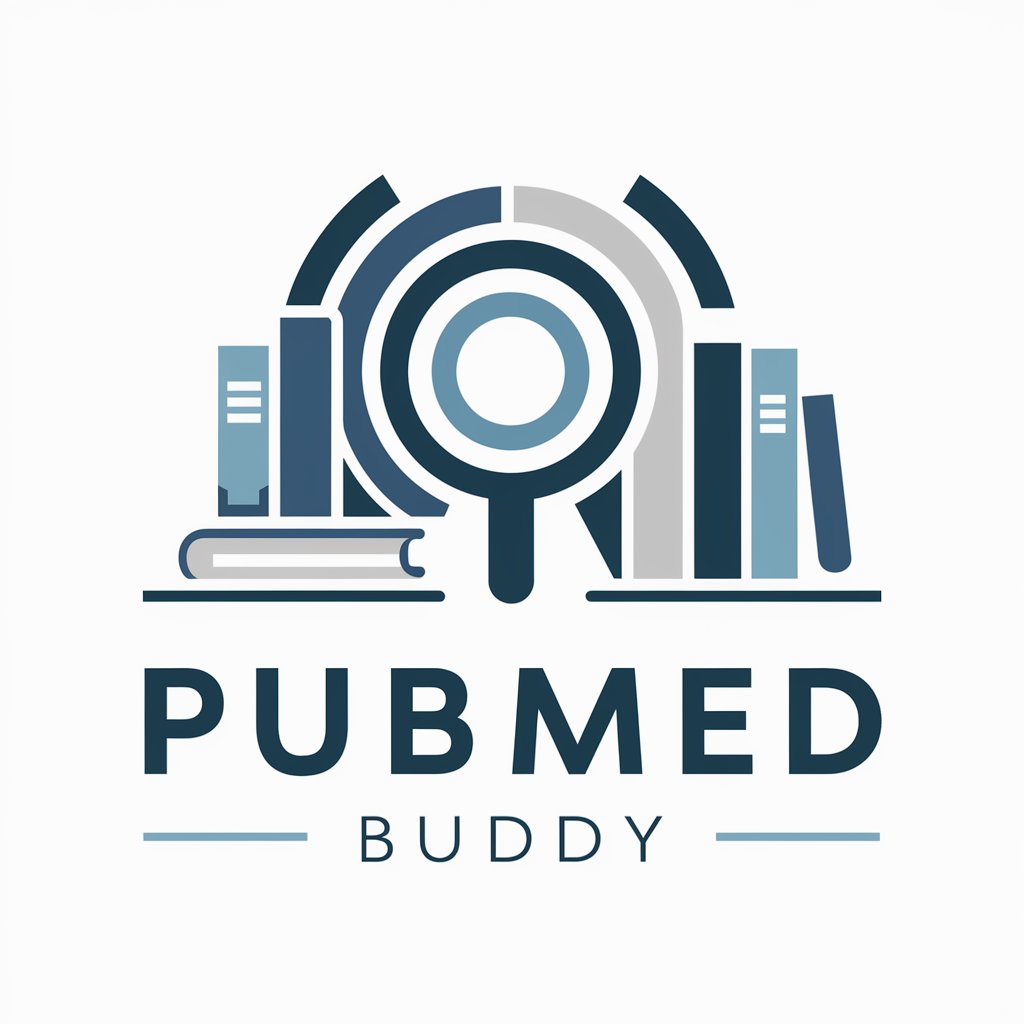
PubMed Explorer
Empowering research with AI-driven insights.
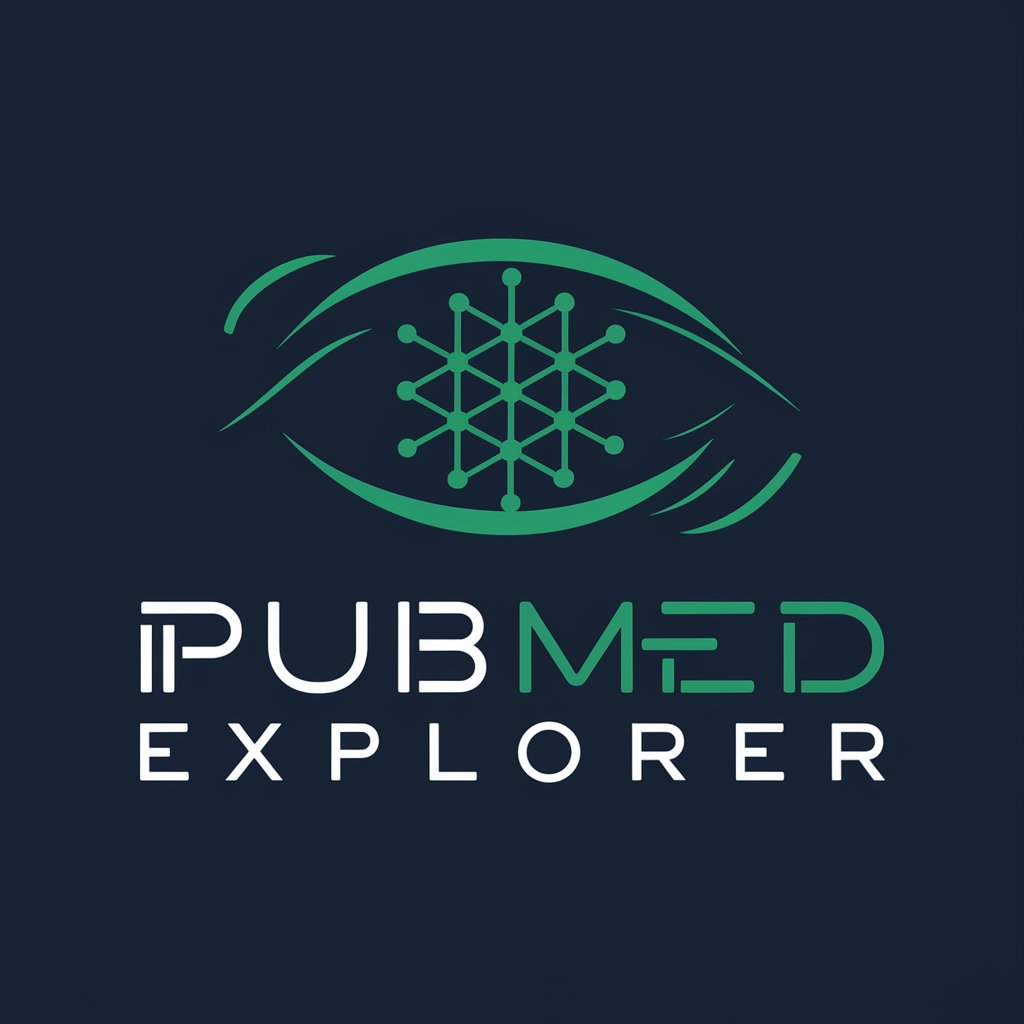
PubMed GPT
Innovate with AI-Powered Research Insights
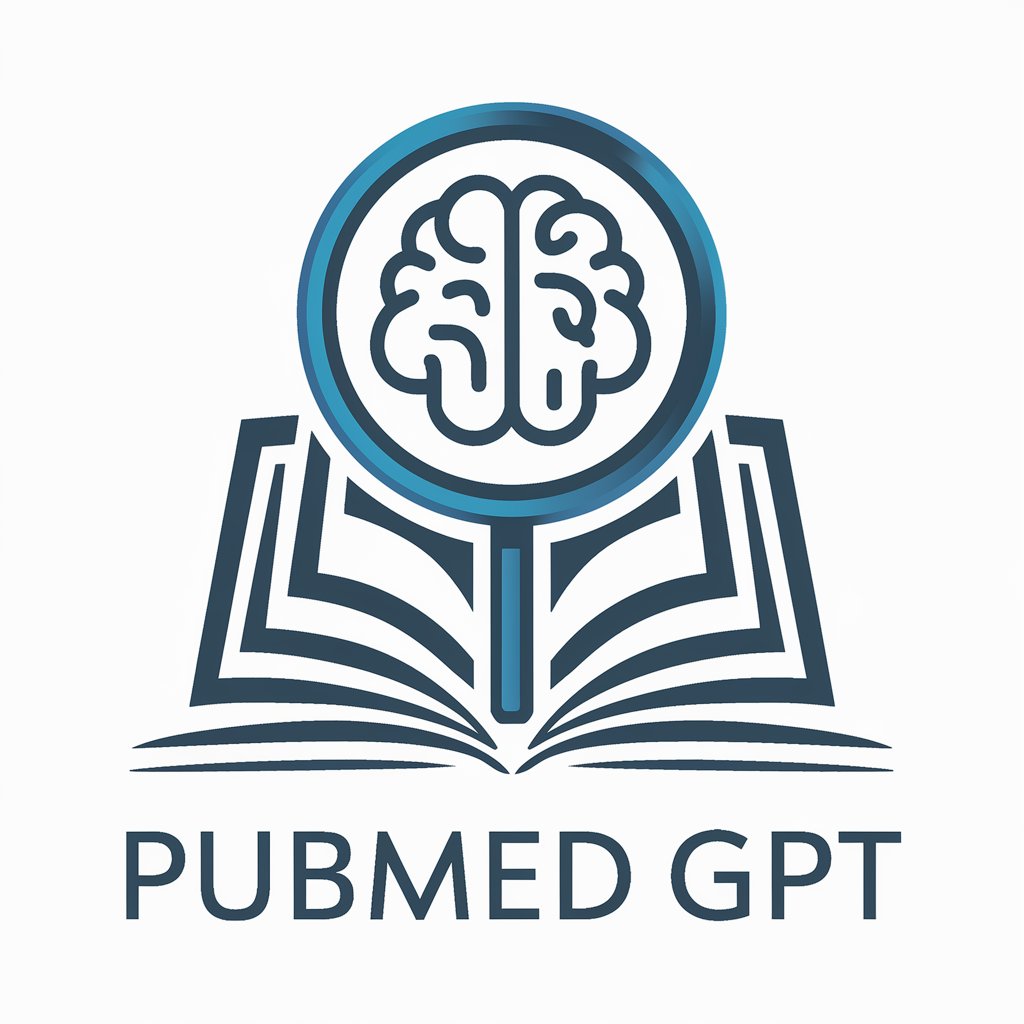
PubMed Pro GPT
Empower Your Research with AI
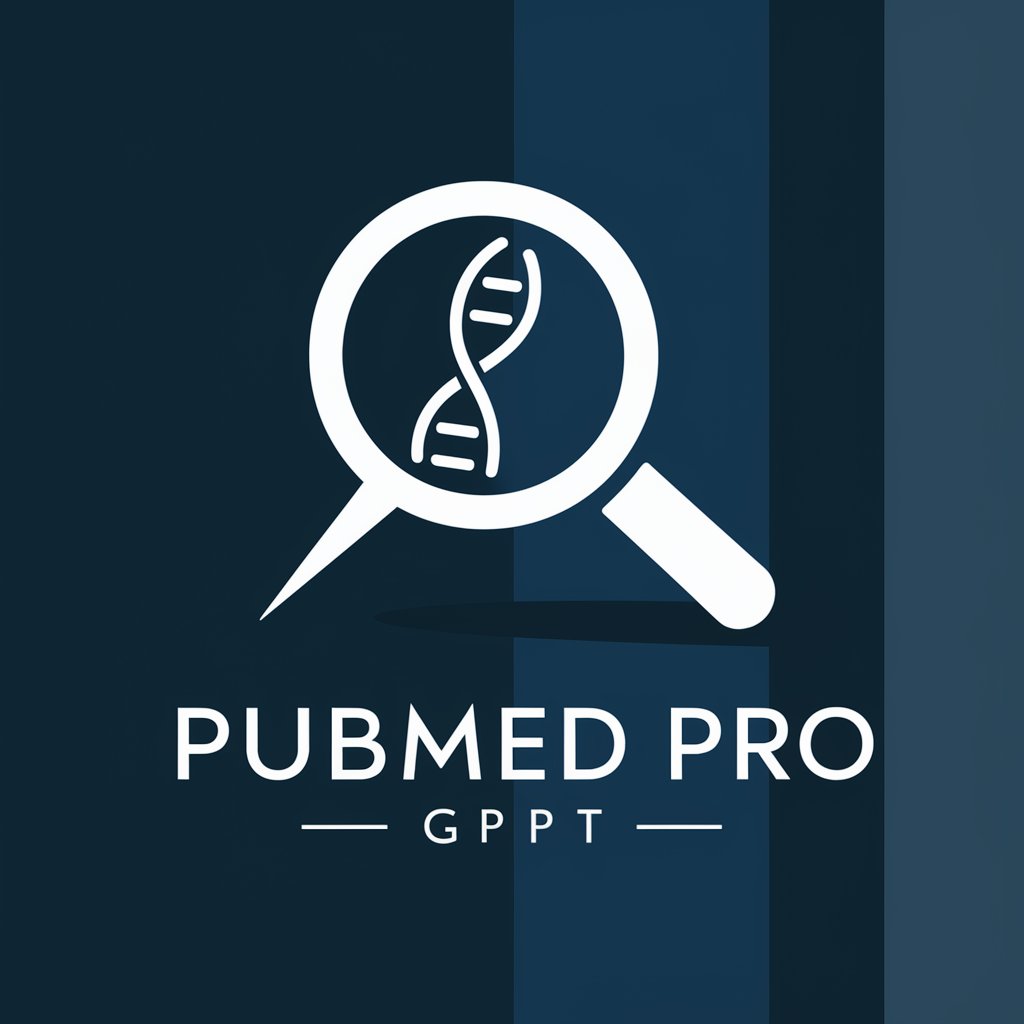
PubMed Explorer
AI-Powered Medical Literature Discovery
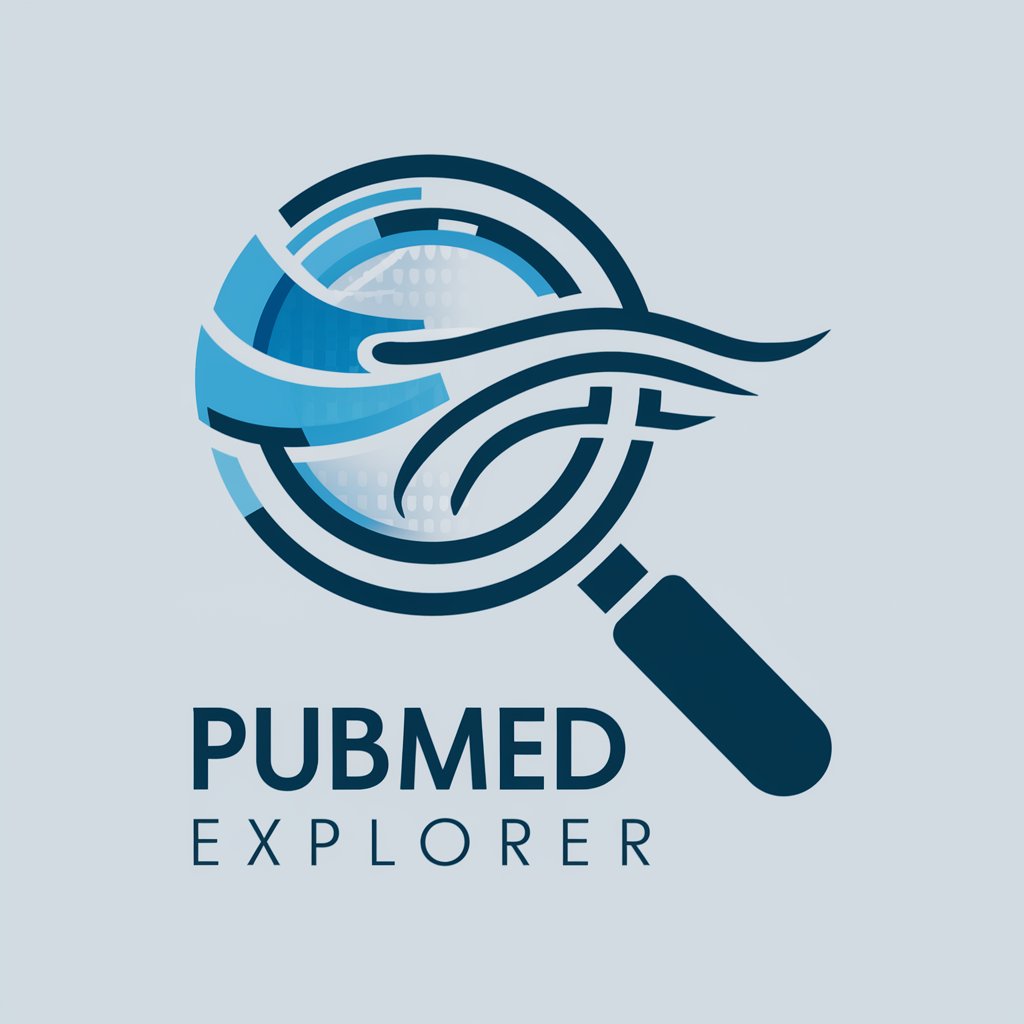
PubMed Research
Empowering Research with AI
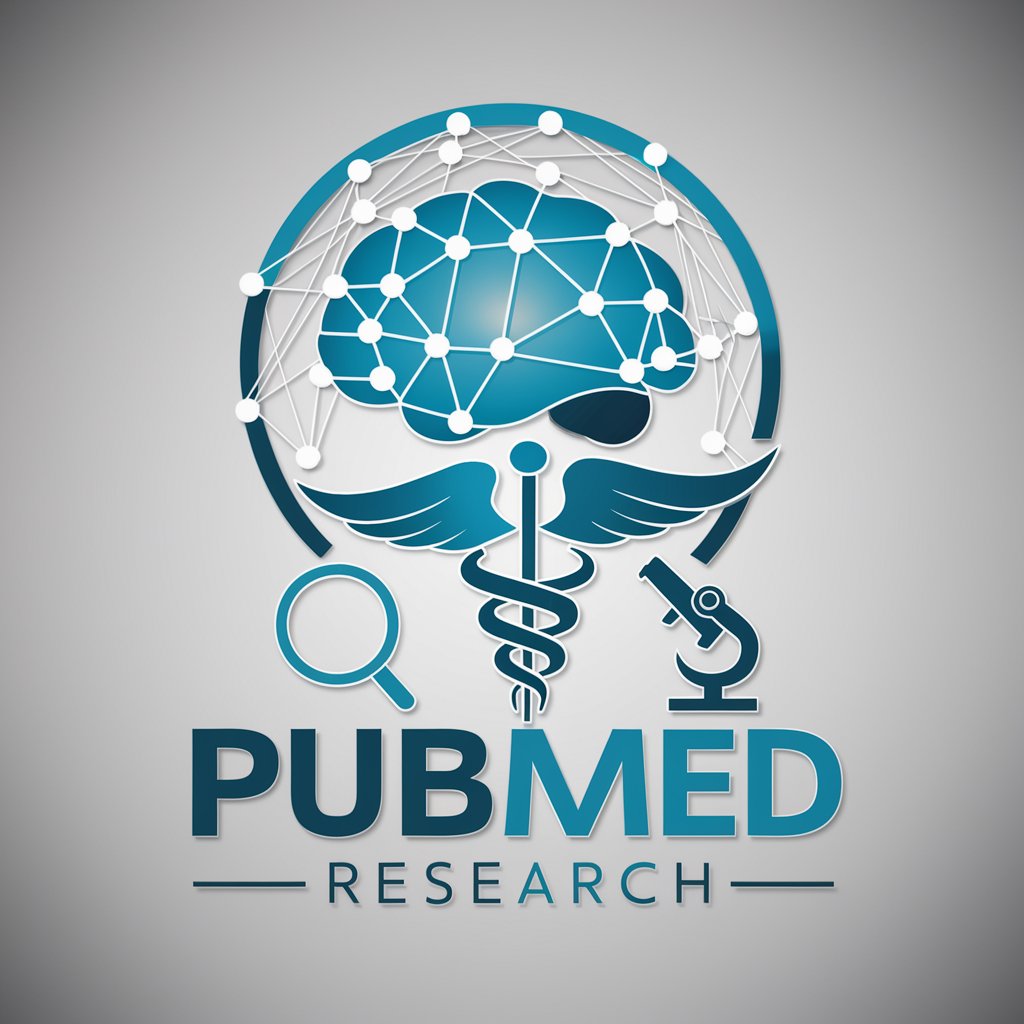
Frequently Asked Questions about PubMed Researcher
What is PubMed Researcher?
PubMed Researcher is a specialized tool designed to help users find and summarize orthopedic research papers from PubMed. It presents information in a structured table format, including translations and summaries.
Can I use PubMed Researcher for non-orthopedic topics?
While optimized for orthopedics, PubMed Researcher may provide useful results for adjacent medical fields. However, its efficiency and relevance are highest within orthopedic research.
How current is the information provided by PubMed Researcher?
PubMed Researcher pulls from the latest PubMed data, ensuring users have access to the most recent publications in orthopedic research.
Do I need a background in orthopedics to use PubMed Researcher effectively?
While a background in orthopedics can enhance your use of PubMed Researcher, it is designed to be accessible to users with varying levels of expertise, including students and professionals.
How does PubMed Researcher handle languages other than English?
PubMed Researcher can translate paper titles and summaries into Japanese, making it useful for non-English speaking researchers interested in orthopedic studies.
